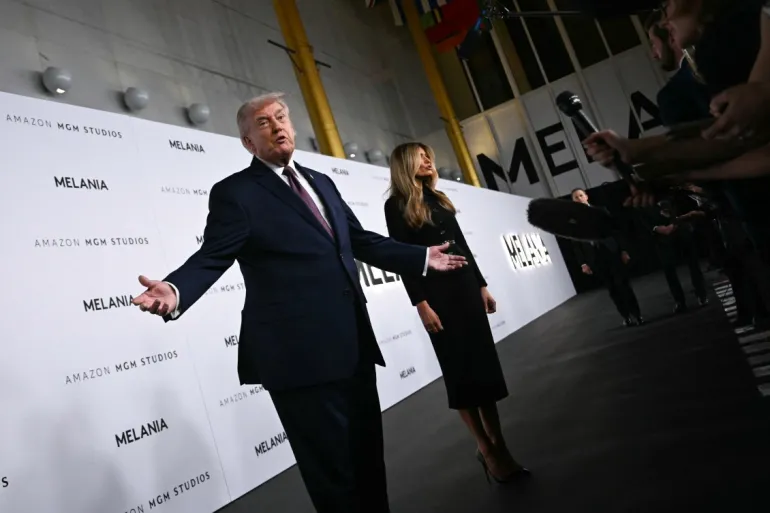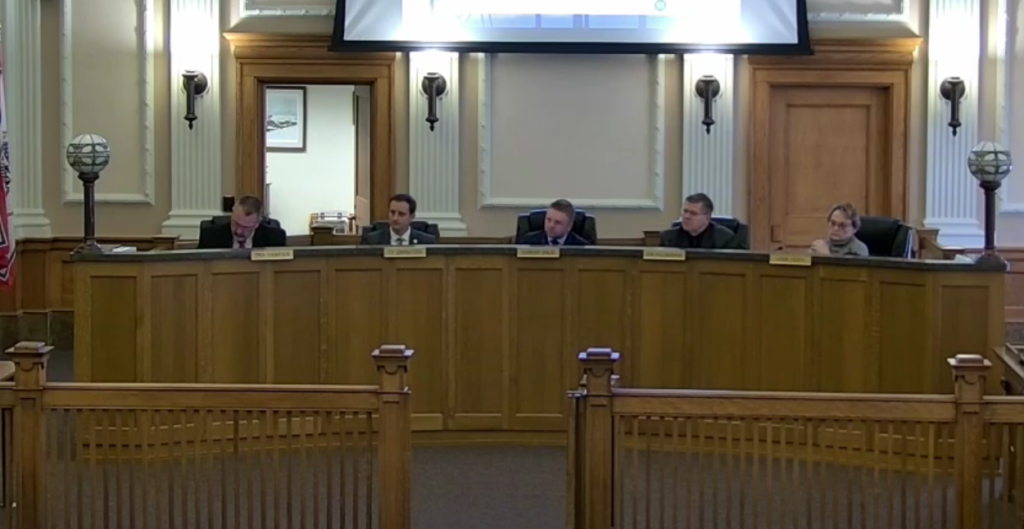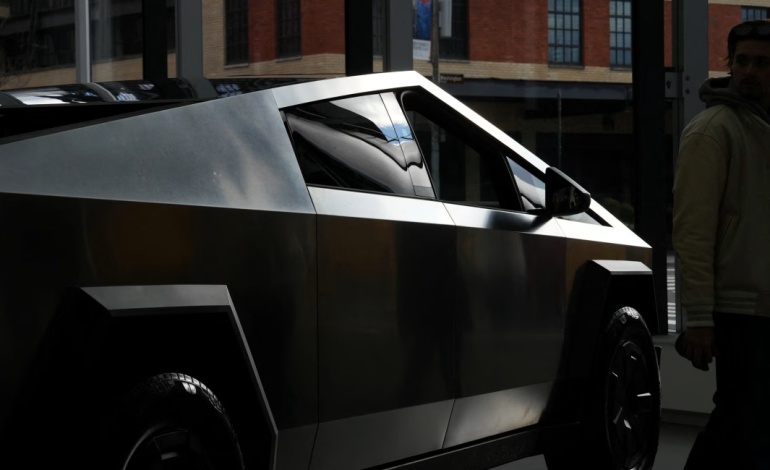As Tesla navigates a changing market, its outspoken CEO, Elon Musk, has emerged as an influential figure in Donald Trump’s political orbit, the Wall Street Journal reports.
While Musk’s alliance with the former president has drawn criticism from some former Tesla supporters, it has also solidified his status as a bold leader unafraid to challenge conventional norms—an approach that has defined both his business empire and his growing political influence.
Few corporate leaders have had as much impact on American industry as Musk. From revolutionizing the electric vehicle (EV) market to spearheading artificial intelligence and space exploration, he has positioned himself at the center of innovation. Now, with his increasing involvement in politics, he is helping to shape a new era of economic and technological policy.
His alignment with Trump has signaled to many that he sees a future in which business and government work together to prioritize innovation, deregulation, and economic growth. While critics argue this shift alienates some past Tesla customers, Musk’s support for free speech, economic expansion, and reduced government overreach resonates with millions of Americans.
Tesla, long dominant in the EV industry, is facing heightened competition from legacy automakers and new entrants in the electric vehicle space. Some progressive consumers have distanced themselves from the brand, but at the same time, Tesla’s appeal among conservative buyers has grown significantly.
- In August 2023, 15% of Republicans said they would consider buying a Tesla. By February 2025, that number had jumped to 26%, according to polling data.
- Meanwhile, among Democratic voters, interest in Tesla dropped from 23% to 13% in the same timeframe.
This political realignment is reshaping Tesla’s customer base, with stronger interest emerging in regions like Texas, Florida, and Utah, while traditional strongholds such as California and New York have seen a decline in new Tesla registrations.
Like any major corporation, Tesla faces challenges that extend beyond politics. Increased competition, supply chain issues, and an aging vehicle lineup have contributed to a recent slowdown in sales. Some foreign markets, including Germany and China, have also seen declining Tesla registrations as local EV manufacturers gain traction.
Despite these market shifts, Tesla remains the most valuable car company in the world, with a market capitalization of $847 billion—far surpassing its competitors. The company continues to invest heavily in self-driving technology, artificial intelligence, and next-generation battery production, positioning itself as a long-term leader in the automotive industry.










The latest news in your social feeds
Subscribe to our social media platforms to stay tuned